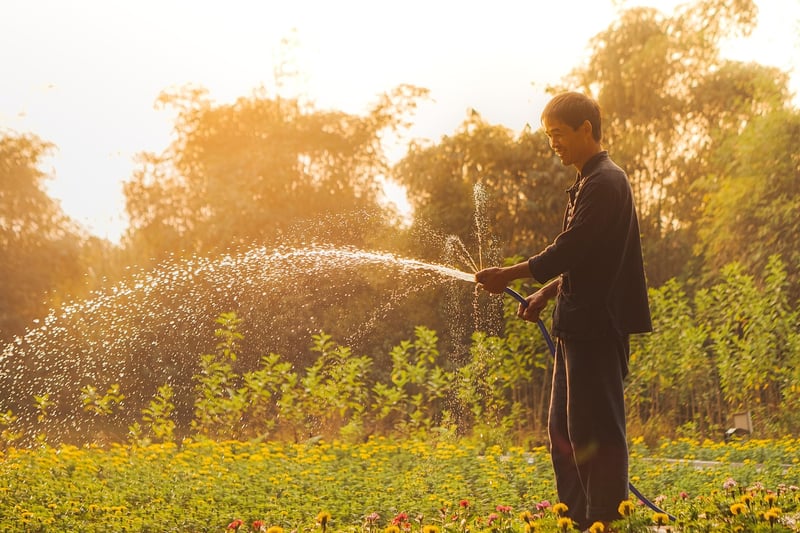Water Conservation Tips
Environmentally-Friendly Gardening + Water Conservation Tips
The Importance of Environmentally-Friendly Gardening
Gardening is not only a relaxing hobby but also a great way to contribute positively to the environment. By implementing environmentally-friendly practices in your garden, you can help reduce waste, conserve water, and create a sustainable ecosystem for plants and wildlife.
Water Conservation Tips for Gardeners
Water is a precious resource, especially in arid regions where droughts are common. As a gardener, there are several ways you can conserve water while maintaining a lush and healthy garden:
- Install a Rain Barrel: Collect rainwater from your roof to use for watering your plants. This reduces the demand on municipal water sources.
- Choose Drought-Tolerant Plants: Opt for native plants or species that require less water to thrive in your garden.
- Use Mulch: Mulching your garden beds helps retain moisture in the soil, reducing the need for frequent watering.
- Water Wisely: Water your garden early in the morning or late in the evening to minimize evaporation loss. Avoid watering on windy days.
- Implement Drip Irrigation: Drip irrigation systems deliver water directly to the plant roots, minimizing water wastage.
Environmentally-Friendly Gardening Practices
Aside from water conservation, there are other eco-friendly practices you can incorporate into your gardening routine:
- Compost: Create your own compost from kitchen scraps and yard waste to enrich the soil naturally.
- Avoid Chemical Pesticides: Opt for natural pest control methods like companion planting or homemade insecticidal soaps.
- Attract Beneficial Insects: Plant flowers that attract bees, ladybugs, and other beneficial insects to help pollinate your garden and control pests.
- Practice Crop Rotation: Rotate your crops each season to prevent soil depletion and minimize the risk of pest infestations.
- Support Local Wildlife: Create habitats for birds, butterflies, and other wildlife by incorporating bird feeders, bee hotels, and native plants in your garden.
Conclusion
By adopting environmentally-friendly gardening practices and water conservation tips, you can create a beautiful and sustainable garden that benefits both the environment and your well-being. Start making a positive impact today by implementing these simple yet effective strategies in your gardening routine.


